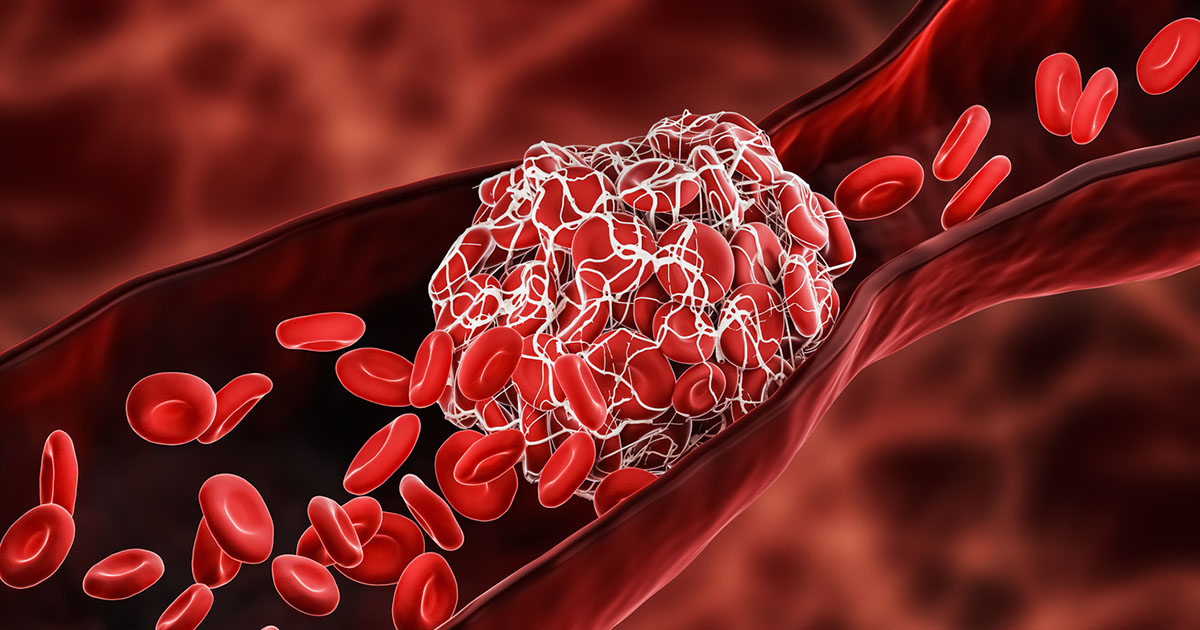In the 2016 Government budget (Her Majesty’s Treasury, 2016), George Osborne announced that an industry-targeted sugar levy will be introduced in April 2018. The levy will be aimed at manufacturers of high-sugar drinks, particularly fizzy drinks, while fruit-based drinks and milk-based drinks will be exempt from taxation. The levy is designed to encourage companies to reformulate their products, to move consumers towards lower sugar alternatives and to reduce portion sizes. Health professionals hope that beverage manufacturers will pass on at least part of the tax to consumers in the form of raised prices so that the levy will have an impact on consumption. The sugar levy is estimated to raise £520 million a year. Although the tax will apply to the UK, the budget has only set out how the money will be spent in England. At the time of writing, it has not been decided how Scotland, Wales and Northern Ireland will use their share of the revenue.
We asked PCDS members for their thoughts on the industry-targeted sugar levy and, in particular, to what extent they believe the tax would achieve the goals set by Government. Over 120 healthcare professionals completed the survey in June 2016, declaring to what extent they agreed with the proposals in Table 1. Demographics of respondents reflected the multidisciplinary readership of the Journal, and more than three quarters of respondents lived and worked in England.
A total of 54% of respondents (n=70) agreed or strongly agreed that “The proposed industry-targeted sugar levy will reduce the consumption of sugar-sweetened drinks” as has been shown in other countries where sugar taxes have already been implemented. However, it seems likely that this will only be the case if the levy is passed on to the consumer. Respondents, however, were not confident that the generated income would reduce annual NHS spend on obesity. This was the proposal that respondents disagreed or strongly disagreed with most (46% of respondents).
Even though the potential revenue raised is due to be spent on initiatives to increase physical activity for children in schools, respondents were most unsure of whether the levy would actually achieve this goal (32%), and 31% more either disagreed or strongly disagreed that physical activity would increase. The survey suggests that, at present, PCDS members are least confident of the success of the industry-targeted sugar levy in reducing childhood obesity or the NHS spend on obesity.
As more details become available, including how the generated income will be used in Wales, Scotland and Northern Ireland, it will be clearer how public health measures such as this may impact on reducing childhood obesity across the UK.





SURMOUNT-5 trial pits tirzepatide against semaglutide, plus behaviour change support, for weight loss.
15 May 2025